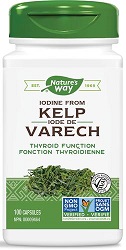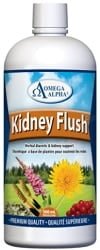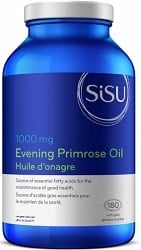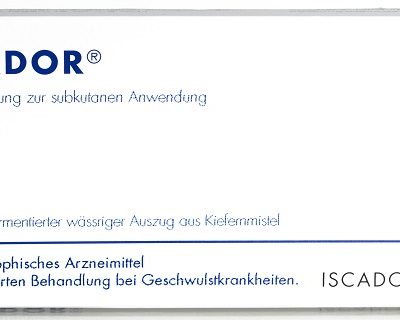Posted Aug 21, 2012
While some people might drink to forget — the drive home, the electric bill, an annoying co-worker — it may be that a substance in wine actually improves memory.
Some small pilot studies in mice have suggested that resveratrol, a compound found in red wine, may play a role in preventing diabetes, heart disease, cancer and memory loss. But there haven’t been any large-scale clinical trials to prove its benefits in humans. Until now.
The National Institute on Aging is funding a 26-center clinical trial to study resveratrol’s effects on memory and brain function in Alzheimer’s disease. Locally, the University of South Florida Health’s Byrd Alzheimer’s Institute is recruiting volunteers for the study who have mild to moderate Alzheimer’s.
“Some of the best researchers in the field will be working on this study and we’re happy to be in their company,” said Dr. Amanda Smith, medical director of the Byrd Institute. “We want to find out whether use of resveratrol can change the course of Alzheimer’s disease and whether it improves or stabilizes memory.”
Red wine isn’t the only way to get resveratrol, but it is a concentrated source. The substance is found in the skins of red grapes and also in berries, tomatoes, peanuts and chocolate.
But before you crack open that cabernet thinking it’s all you need for brain health, read on:
“The concentration of resveratrol that will be in the capsules we’ll use in the study is akin to the amount in about 50 glasses of red wine,” said Smith.
Experts say that men should have no more than two servings of alcohol a day; for women, the recommended limit is just one. More than that, and you run the risk of addiction and numerous other health hazards even if you don’t drive while drinking.
The new study will determine how safe resveratrol is when administered at high doses. If it’s found to be safe, another phase will determine dosing — how much is needed to protect against memory loss or delay progression of dementia.
Resveratrol is widely available in dietary supplements sold over the counter. But Smith cautions against self-medicating, primarily because it isn’t known how much helps and if too much can hurt.
“Also, there are some people who shouldn’t take resveratrol,” said Smith. “Among them: Anyone with estrogen-positive breast cancer, which could be affected (by high doses of resveratrol) and some people with kidney problems.”
Because the supplement industry isn’t regulated like the pharmaceutical industry, Smith notes that over-the-counter products may vary in quality, purity and concentration from bottle to bottle or manufacturer to manufacturer.
The Byrd Institute hopes to recruit 10 volunteers for the year long study; 120 will be recruited nationally. Participants must be at least 50 years old and be willing to undergo MRI scans and two lumbar punctures, one at the beginning and one at the end of the study.
Researchers are always looking for both drug and non-drug methods to treat Alzheimer’s, which afflicts more than 5 million Americans.
About 100 drugs are being tested as possible treatments. Just five have been approved to date, but they only treat symptoms.
Next year, the Byrd Institute will launch a study looking more closely at the effects of aerobic exercise on memory.





